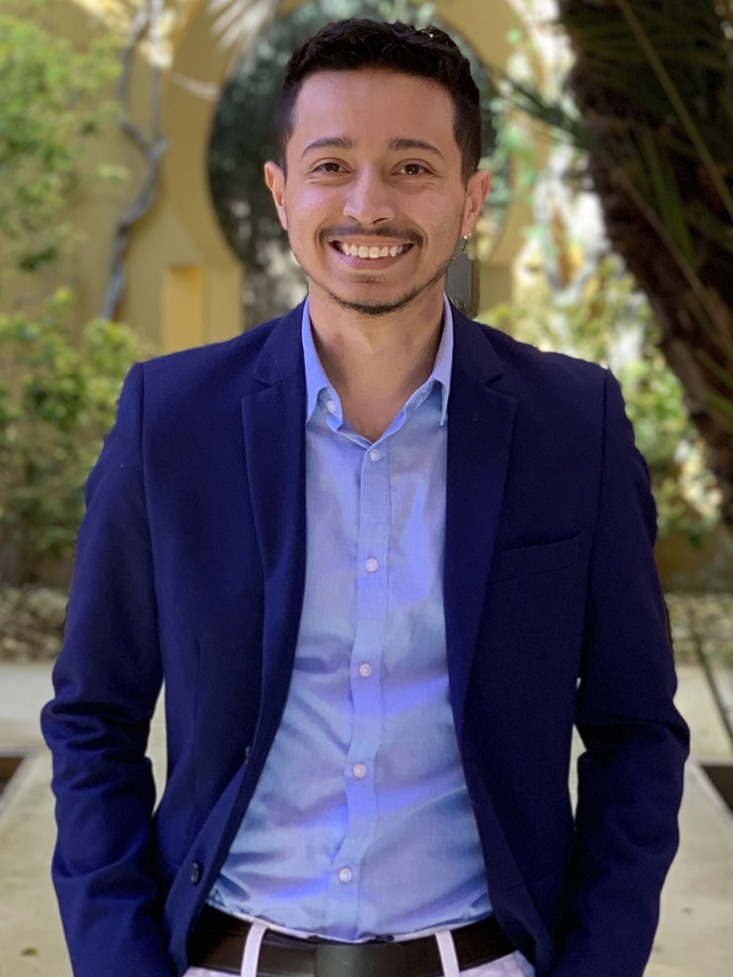At the end of the school day, he didn’t want to go home and be alone because his parents were often still at work. He didn’t want to go home because he knew the family might not have enough food to eat. He didn’t want to go home because there were no toys or books. But at school there were all of these things.
“I loved school,” he says. “The classroom had all these colorful books and toys. There was a playground and tons of activities. School distracted me from the world. It was my sanctuary.”
He loved it so much that he’d play “school” at home, pretending to be a teacher and assigning homework to his sisters—much to their chagrin. He developed an affinity for the classroom and a love of learning, which inevitably brought him to Brown’s Van Wickle Gates.
A four-year, emotional journey of personal discovery
For Reyes and his family, financial aid would be the deciding factor in where he would go to college. But because of Brown’s need-blind admission policy, Reyes was undeterred by the price tag of a Brown education.
“As soon as I got in, I had so much faith that Brown was going to support me,” he says.
And it did. Tuition, meals, room and board, books, supplies, technology: Brown covered it all. For the first time in his life, Reyes had financial security and was able to make choices based on his interests and passions instead of what his family could afford.
Freed of financial constraints and with the knowledge and resources of Brown at his fingertips, he was determined to take advantage of everything the University had to offer. He discovered a new career path in neuroscience, made full use of the Open Curriculum, worked alongside top researchers, and more.
“I knew that if I went to Brown, it would make me into a better person—even though I didn’t know who that person was,” he says.
Becoming that better person wasn’t all smooth sailing. Reyes describes his time at Brown as a “four-year, emotional journey of personal discovery.” One of his most profound moments as a Brown student came after one of his lowest.
It was his sophomore year, and he was struggling—both academically and emotionally. He began to worry that he didn’t belong at Brown. He even considered dropping out. He couldn’t figure out why he was struggling. While conducting neuroscience research in Copenhagen during a semester abroad his junior year, he had an idea: he could use neuroscience to find the answer.
“I realized I had these lived experiences that shape how I see the world,” he says. “I never had a way to understand how growing up in poverty affected me before. But looking at it from a neuroscience perspective finally gave me a way to understand it and get some answers.”
